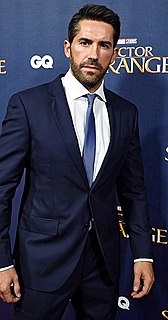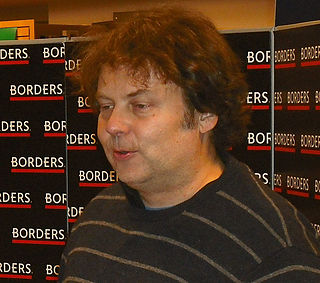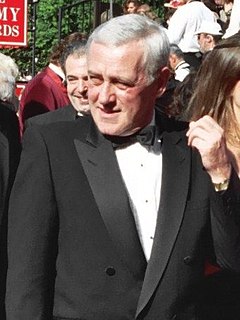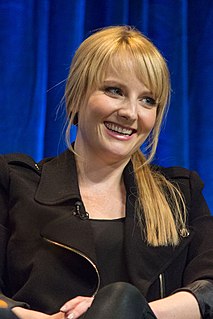A Quote by Sting
I learned to change my accent; in England, your accent identifies you very strongly with a class, and I did not want to be held back.
Related Quotes
I guess the most interesting thing that people think is I'm English. They think that I live in England and have a British accent. When they talk to me, at first they go, "Man, you have a great American accent," and I go, "No, no, no, this is my accent. I don't do accents." And then they're really disappointed, and they try to punch me.


































